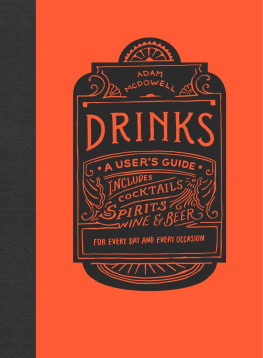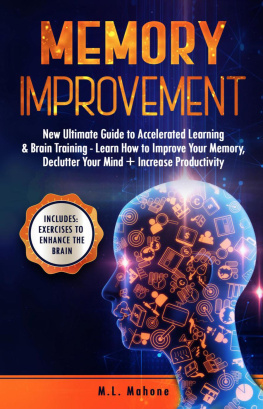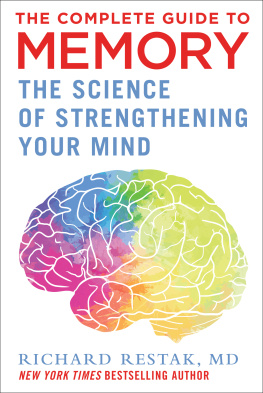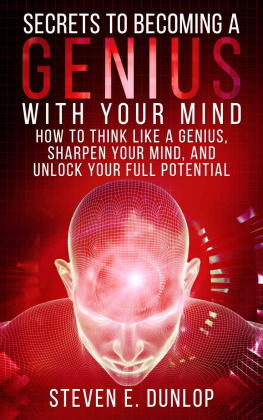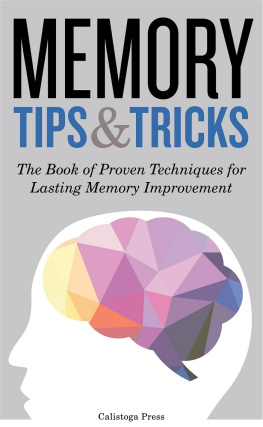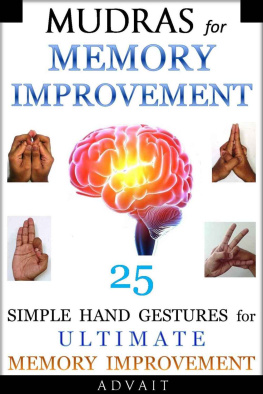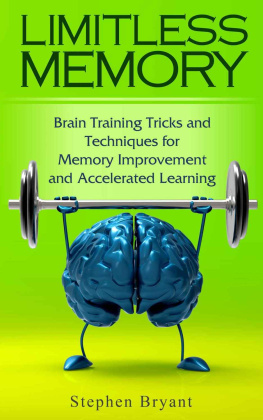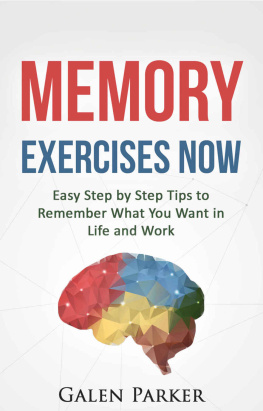Memory Improvement
The Ultimate Guide to Memory Improvement.
With Techniques, Tips and Strategies to Supercharge you I.Q. and Memory
By Bill McDowell
Introduction
I want to thank you and congratulate you for downloading the book, Memory Improvement techniques.
This book contains proven steps and strategies on how to practice Memory Improvement techniques.
Memory Improvement techniques is the guide for those who want to learn easy-to-follow tips and techniques to improve their memory. It describes how the memory system works and what makes a person remember things - and what can even make a person forget his loved ones. Many people consider it as fate, but if you want to know the scientific facts behind memory loss, then this book is perfect for you. Memory is no miracle, it is all in the brain - your brain.
Thanks again for downloading this book, I hope you enjoy it!
Why I Wrote This Book
I wrote this book because I want to share some of the knowledge that I have about what we know as memory, and to provide some memory-boosting solutions to people who want to live a happier, longer life. Apart from sharing some insights into human cognitive functions, I wanted to help readers to understand how the mind works and why certain people can experience memory gaps. For those who have a history of dementia in their family, this book provides key memory improvement techniques, which can help preserve a good memory for as long as possible.
Diagnosing the type of memory loss helps to decide when one needs to seek a doctor's help, and this is crucial for people who suffer from early stages of dementia. I wrote this book with such people in mind, as my goal is also to spread awareness about memory loss disorders in people of all ages.
Why You Should Read This Book
This book will help you understand the basics of memory loss and the differences between various kinds of memory loss, dementia and normal age-related memory loss. It might seem to be a minor issue now, but memory loss is a severe condition. It can alter quality of life to such an extent that even carrying out normal, daily activities - such as feeding and washing oneself - becomes a challenge. As people with dementia are no longer able to recognize other people and places, they are also more at risk of harming themselves and the people around them.
This book will help you to understand the reasons behind memory loss and the way the brain functions, and this knowledge should help you to protect your memory. It will take you on a journey through the brain, touring the nerves and revealing how they communicate, strengthen, and how they die, as well as the relationship between the brain and the rest of the body.
After touring the complex brain micro-universe, you will dive into some brain that can help you preserve your memory, enhance cognitive processes, and slow down the memory-depleting effect of external stress factors. There are many ways to preserve your memory, as presented by this book. From NLP techniques to aromatherapy and mathematics, and from concentration exercises to special brain-food, you will find valuable memory improvement techniques, which are easy to apply and can be integrated into your daily routine. You will be able to increase your productivity and make the most out of both your work time and free time.
Apart from the 8 chapters that will lead you into the neural world of memory, you can also enjoy reading the Bonus chapter, which provides more solutions to memory loss and teaches you what to eat to be more mentally agile; this Bonus chapter will help you to enhance your mental capacities. It suggests some exercises that are designed to enhance your brain activity, and will also take you into the mysterious world of alternative medicine, showing how you can use aromatherapy and acupuncture to reduce memory loss.
Copyright
2014
All rights reserved. No part of this book may be reproduced or transmitted in any form or by any means, electronic, mechanical, photocopying, recording, or otherwise, without the prior written permission of the publisher.
Disclaimer
The information provided in this book is designed to provide helpful information on the subjects discussed. This book is not meant to be used, nor should it be used, to diagnose or treat any medical condition. For diagnosis or treatment of any medical problem, consult your own physician. The publisher and author are not responsible for any specific health or allergy needs that may require medical supervision and are not liable for any damages or negative consequences from any treatment, action, application or preparation, to any person reading or following the information in this book. Any references included are provided for informational purposes only and do not constitute endorsement of any websites or other sources. Readers should be aware that any websites listed in this book may change.
Table of Contents
Chapter 1
The story behind memory loss
The human brain is the most complex organ known to man. As humans are the creature with the biggest brain - at least in relation to body size - there is no surprise that its processes are highly complex. The brain controls every tiny aspect of one's life, from the process of living, which includes breathing, pumping the blood, walking and feeling the world around us, to more cognitive (thinking) processes, reacting on external stimuli and regulating emotions. Indeed, strong emotions such as love and hatred come from the brain, quite contrary to the traditional stories that tell us that love comes from our hearts. On top of emotions and bodily functioning, sex drive and the urge to bear offspring also come from the brain. All these acts, processes and urges happen at an unconscious level, as our brain does not need to keep us informed about our hormone balance, circadian rhythm or blood flow, and this allows us to focus on more complex, cognitive issues such as elaborating plans, learning new skills and processing information about our environment.
The brain is the largest data store facility to ever exist, even exceeding the storage capacity of a man's testicles (yes, if you are a man you can be proud of your pair, as they store more data than any computer). The brain receives and stores information each second. In fact, half of a second is a long time for the brain, as the speed it works at is overwhelmingly fast. Billions of images, sounds, texts and ideas are stored at a single unit of time by the brain. The brain's speed cannot be measured, as by the time you finish to read this word, the next task will have happened already. This means that living in the present is literally impossible.
Because its processes continue during sleep, the brain is a perpetual mobile, the organ which needs the largest amount of energy: 20% of our total daily intake. The brain weighs about 2% of a human's total weight, which is quite impressive since about 80-85% of all this weight consists of water. The brain requires a large amount of energy because it sends messages between neurons. With a huge number of neurons exchanging electrical signals, 10 billion to be precise, the brain requires lots of energy to function properly.
Being so busy, the brain requires a special living routine in order to maintain its functions over long periods of time. Also, because it is a complex machine, very little is needed to damage it. Such damage may cause memory loss, mood disorders, physical disabilities or other illnesses.
Age-related memory loss or dementia symptoms
The aging process brings along with it a normal amount of memory loss, which is unavoidable. Small gaps in the memory, such as forgetting where we have placed the car keys or when we are supposed to go to the dentist, are very natural. Stress, in small amounts, can also cause memory loss moments, especially in elderly people. Again, this is quite normal. Memory gaps are frustrating, but theyre really nothing to be concerned about compared to more severe memory loss conditions such as dementia.
Next page
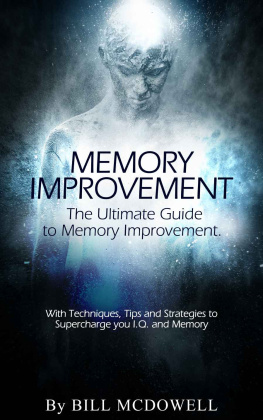
![McDowell - God-Breathed]: the Undeniable Power and Reliability of Scripture](/uploads/posts/book/219249/thumbs/mcdowell-god-breathed-the-undeniable-power-and.jpg)



